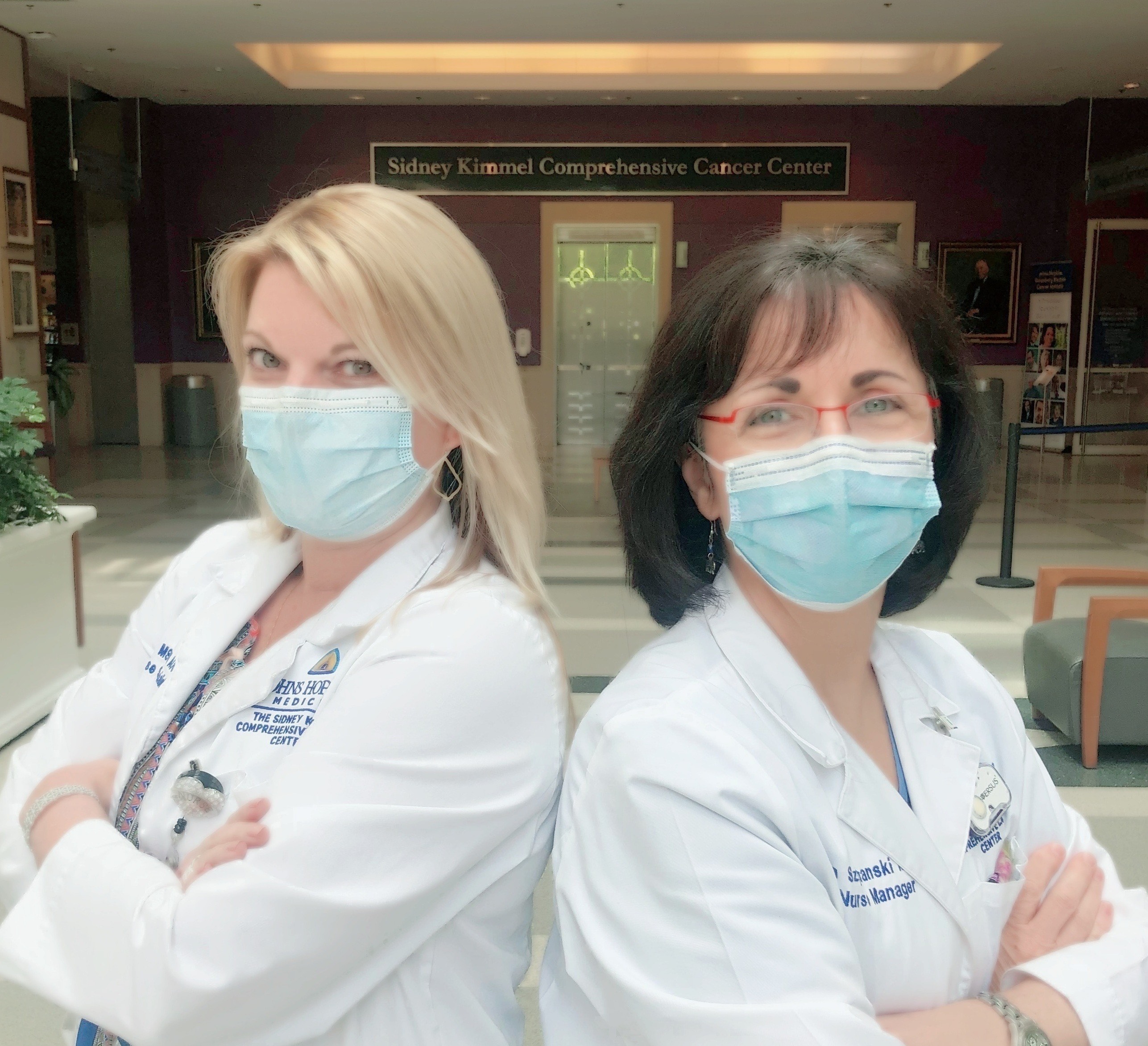Eva Gallagher
Kerri Moriarty
Debra Winkeljohn
Technology in Cancer Care

Technology is synonymous with modern-day health care, and the experiences of 2020 have shown that telehealth allows clinicians to provide care along every inch of the cancer continuum. Although we’ve seen it used most recently to provide continuity of care from the safety of patients’ homes, one of telehealth's bigger purposes is overcoming geographic and practical disparities to enable more patients to access quality cancer care.
Nursing Is Science First; It Just Appears Heroic

Science, our reliance on the foundations of epidemiology, and management of a public health crisis have been unprecedented discussion topics this year. We have never had a greater need to rely on data, science, and the evolving understanding of experts about the COVID-19 coronavirus and how to contend with it.
Rebekah Flynn
Zach Gossman
Kimberly Soreca
NCI Appoints New Director for Office of Cancer Survivorship

Until recently, past ONS President Deborah Mayer, PhD, RN, AOCN®, FAAN, served as interim director of the National Cancer Institute’s (NCI’s) Office of Cancer Survivorship, a part of the Division of Cancer Control and Population Sciences. As an oncology nurse, Mayer brought a special perspective to the office’s mission to better understand and meet the unique needs of the growing number of U.S. cancer survivors.
The Evolving Landscape of Cell Transplant Therapy in Cancer Care

Each year more than 50,000 stem cell transplantations are completed worldwide. The stimulation, harvesting, and therapeutic use of patient and donor cells has evolved as a treatment for diverse cancer diagnoses, and specially trained nurses are at the heart of the clinical trials and care delivery to propel cell transplant therapy across practice settings.





